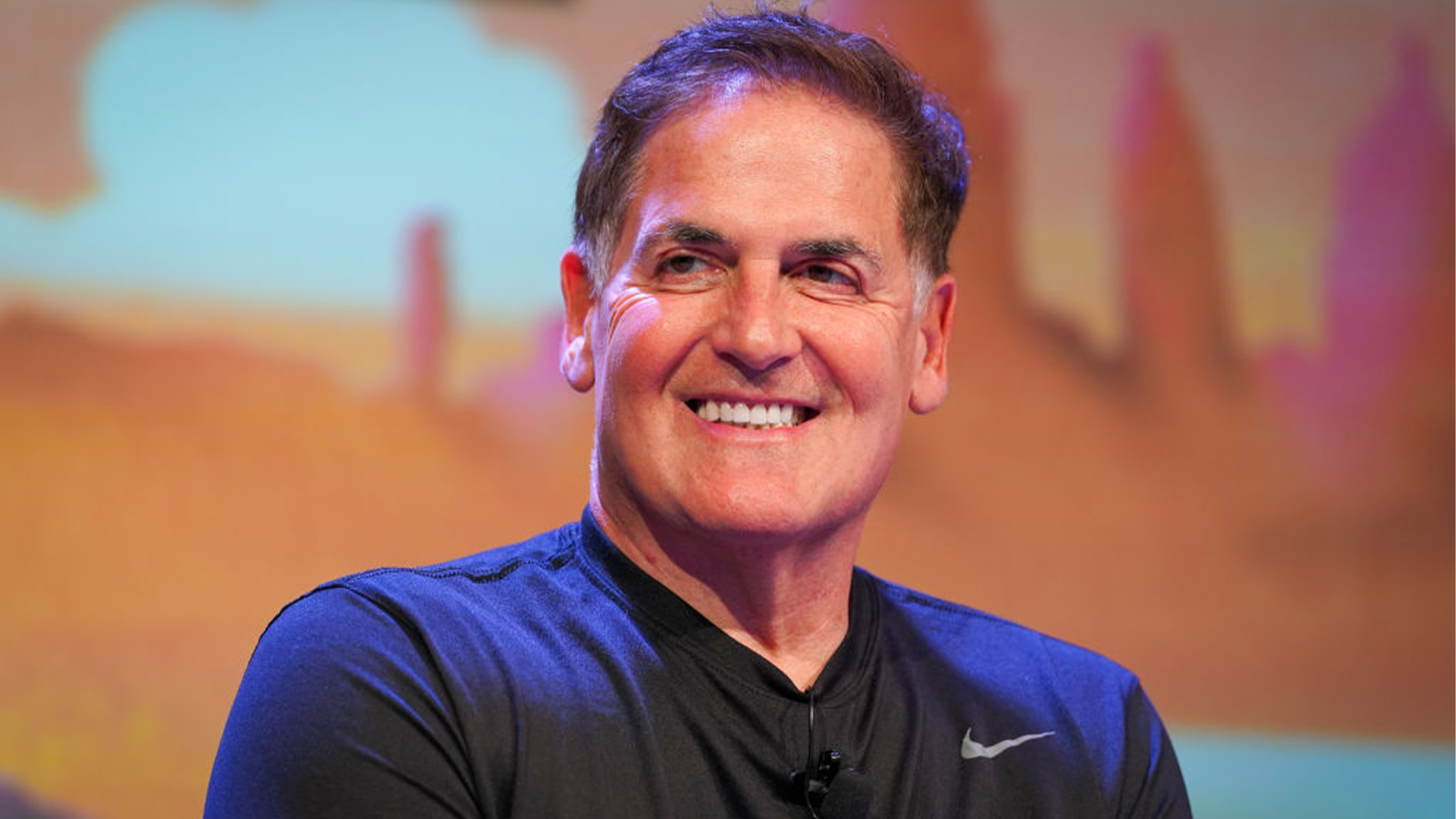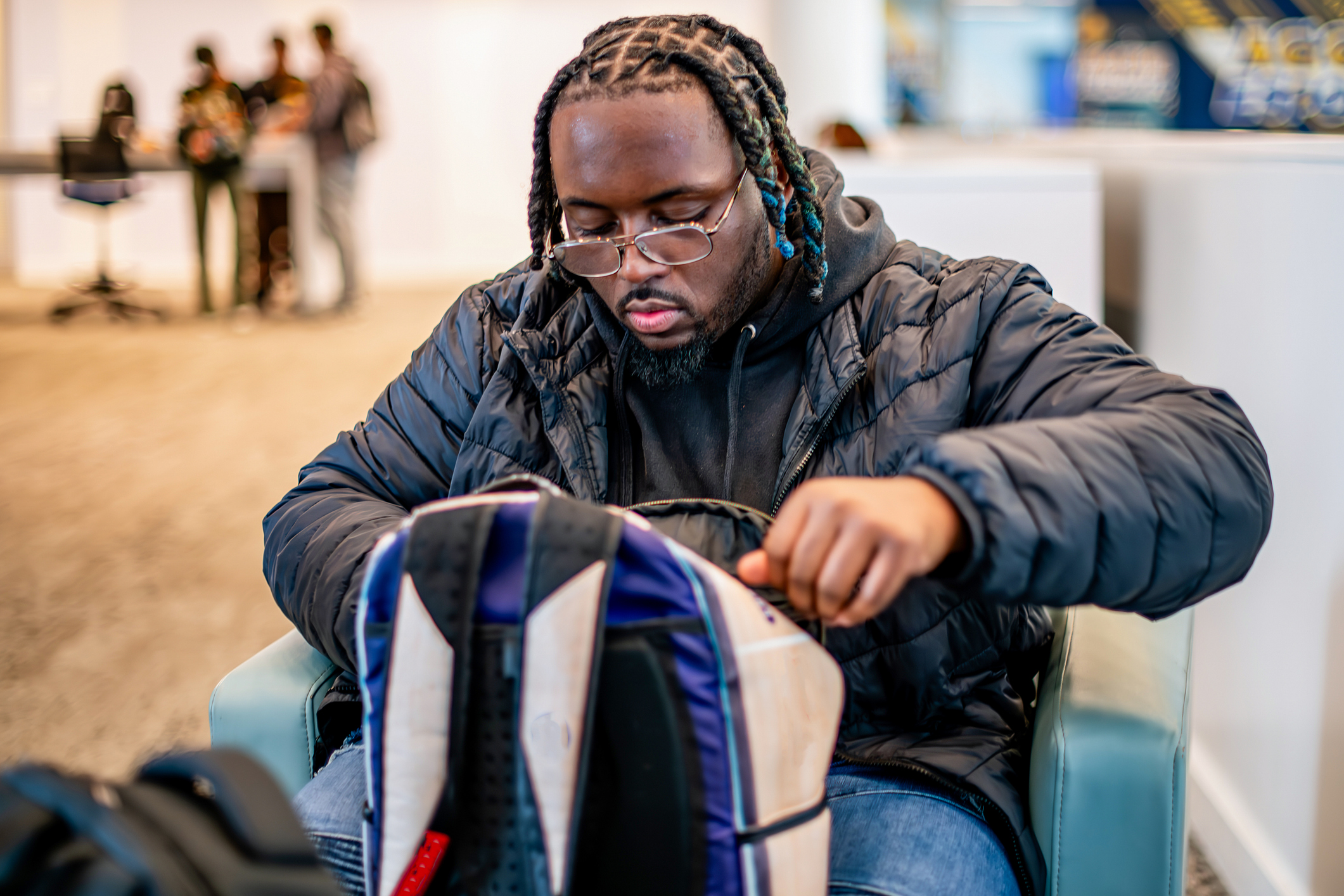The hustle and bustle of startup life can leave founders drained, workers burned out and investors wondering what’s next. Tara Reed, the founder and CEO of Apps Without Code, said she is extremely intentional about the way she schedules her work weeks.
Chicago-based Apps Without Code is an organization teaching people globally on how to build apps without using coding.
Before creating Apps Without Code, Reed worked in the marketing department for major tech companies like FourSquare, Google, and Microsoft. She went on to launch her first company Kollecto, an app that helps users find art and home decor but ran into development issues.
“One of the challenges that I had was that I would speak to developers and they would tell me they were building my app,” Reed said. “I had no way of telling what was a good job and what wasn’t because I couldn’t write in code.”
Reed discovered a system of creating apps without knowing how to code and decided to build a company out of it. Once it launched, its eight-week boot camp started teaching students how to create, market and monetize their apps at a fraction of what it costs to pay a developer.
Reed said that the first portion of the program is completely dedicated to the “Sell Before You Build” model, where students create an idea for an app and find customers who are willing to pay for the product. Reed said that being transparent and communicating with customers is crucial.
“For a lot of people, pre-selling is really scary because they don’t have a product yet,” Reed said. “It actually ends up being pretty genius because you don’t have to come up with everything that the app needs to be able to do. Your customer will tell you everything that the app needs to do.”
Reed’s curriculum has aided in her own success in Apps Without Code. The steps that she teaches are the steps that she followed to get to where she is today. When developing the curriculum for Apps Without Code, Reed often asked for her customers’ input on what should be included. Knowing her customers’ needs has helped her stay away from leaning on investors.
“I don’t have any investors and I have no interest in them. Founders spend a lot of time trying to shape themselves into what investors want. It takes a lot of energy to do that,” Reed said. “Doing pitch competitions, putting decks together, schmoozing with investors takes a lot of energy. I think, particularly with founders of color, that energy can be better put toward making money with customers.”
Monetizing the apps are also key to the Apps Without Code boot camp. Reed teaches students to say bye-bye to the 99 cent in-app purchases or the $5 per month subscription model. She pushes her students to think bigger and get bigger returns for their work.
“If you’re going to charge 99 cents, you’re going to need a lot of people paying you 99 cents in order to pay your bills,” Reed said. “A lot of companies end up failing before that time period or they have to take on money from investors.”
Apps Without Code teaches students to find customers and clients who are immediately willing to pay thousands of dollars to use the app.
“We have some students coming in thinking they’re going to charge $5 for their app and they end up getting customers to pay $5,000 for annual contracts,” Reed said.
Now, that Reed has the curriculum down to a science, she opened herself up for doing more things that make her happy. Not only does she solely work on Tuesdays and Thursdays, she spends four month-long trips working from outside of the U.S., which completely changed how her business functions.
“It meant empowering my team in a different way and getting out of their way,” Reed said. “It pushed me to make sure that my team was clear on the mission and force them to think through how to push that vision forward, instead of just thinking about tasks.”
She said changing her schedule has done wonders for her company and her mental health.
“One of the things I’ve been really intentional about doing is shaping my business around the lifestyle that I want to live,” Reed said. “We usually see people do the opposite. They figure their lives out after they figure out their business.”
By working only two days a week, she has shifted her company’s culture, become more productive, and given herself more time to enjoy the world around her.
















